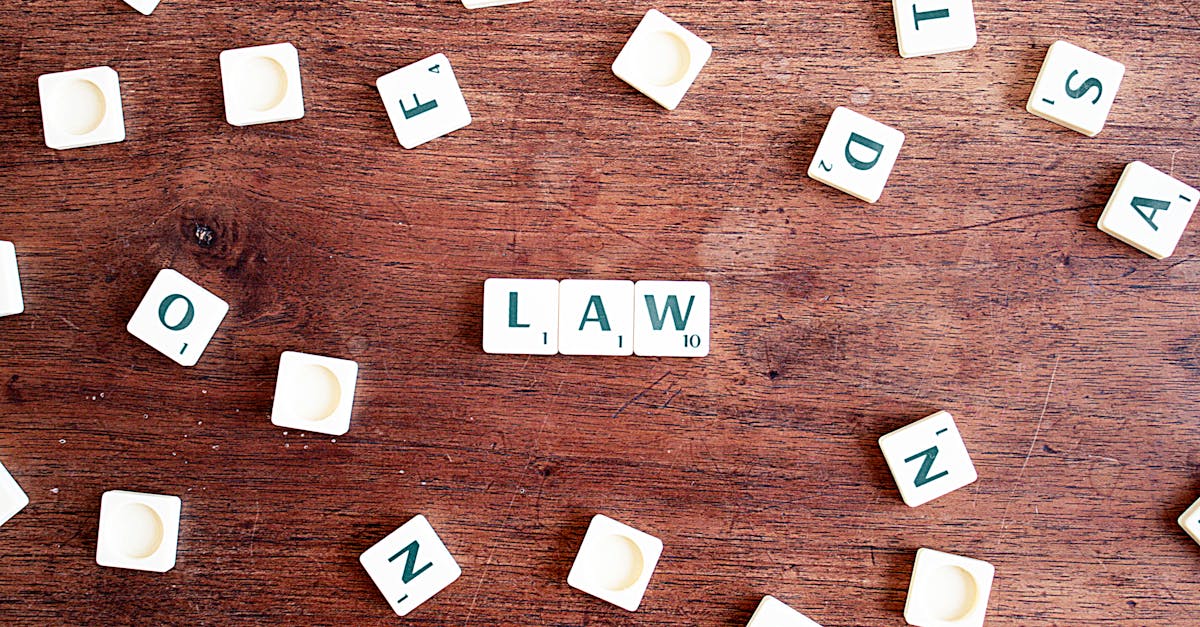
Negotiating settlements
At Markhoff and Mittman - Brooklyn, we specialize in negotiating settlements to ensure our clients receive the compensation they deserve. Our experienced legal team is dedicated to advocating for your rights and working diligently to resolve disputes efficiently and favorably. We understand the complexities of settlement negotiations, and we leverage our deep knowledge of the law, combined with strong negotiation skills, to achieve optimal outcomes in personal injury, workers' compensation, and disability cases. Our goal is to provide personalized, compassionate service while effectively communicating with opposing parties to secure the best possible settlements for our clients.
The Importance of a Demand Letter
A well-crafted demand letter serves as a critical foundation for negotiations in personal injury cases and various legal disputes. It outlines the plaintiff's claims, the circumstances surrounding the incident, and the monetary compensation sought. By providing a detailed account of the facts and supported arguments, this document captures the attention of the opposing party. Insurers and other defendants often require a clear presentation of the plaintiff's position before engaging in any serious discussions. Such clarity helps set the stage for a constructive conversation.
Including supporting evidence and personal testimony in the demand letter bolsters the plaintiff's case. This can involve medical records, estimates for property damage, and documentation of lost wages. Properly addressing comparative fault and emphasizing the strength of liability can influence the subsequent negotiation process. A demand letter can prompt insurance companies or defendants to reconsider their initial positions and potentially lead to a more favorable settlement agreement for the plaintiff. Establishing the seriousness of the claim fosters a more ethical and open dialogue during negotiations.
Crafting a Compelling Proposal
A well-structured proposal serves as an essential foundation for effective negotiations. It should clearly outline the facts of the case, including any evidence, such as photographs or witness statements, that supports your client's position. Highlighting both economic and non-economic damages is crucial. The proposal must emphasize special damages, detailing any financial losses incurred due to negligence. In addition, addressing potential causes of action helps establish a solid basis for the claim. This level of detail boosts the client's credibility while fostering confidence in the proposal.
Equally important is addressing the worst-case scenario. Presenting possible options and outcomes provides the other party with an understanding of the risks involved in litigation. This approach creates an incentive for negotiation, as the opposing party will consider the benefits of reaching an agreement over facing a lengthy legal battle. Demonstrating a readiness to comply with ethical standards throughout the negotiation process can further enhance the legitimacy of your proposition. By articulating a clear objective and maintaining transparency, both parties can work towards a resolution that minimizes transaction costs and maximizes overall satisfaction.
Insurance Company Negotiations
Negotiating with insurance companies requires a well-prepared strategy to maximize financial compensation outcomes. Understanding the common tactics used by adjusters can significantly influence the negotiation process. They often aim to minimize payouts, utilizing claims that highlight policy limits or pre-existing conditions. Awareness of these tactics helps claimants respond effectively, presenting their cases in light of the detailed facts and injuries sustained. Leveraging documented evidence and expert testimonies can reinforce the legitimacy of the demand. This approach not only counters potential false statements made by the insurer but also builds a cohesive narrative that strengthens the claimant's position.
Effective communication during negotiations is crucial. Being clear and assertive about expectations demonstrates confidence in the claims being made. Utilizing a proposal that outlines specific demands, combined with a well-researched understanding of relevant policies, can encourage better outcomes. Engaging in collaborative discussions rather than adversarial confrontations often leads to a more satisfactory resolution for both parties. Maintaining professionalism throughout the negotiations fosters an environment of cooperation, making it more likely for the insurance company to consider a fair settlement rather than prolonging the process unnecessarily.
Understanding Adjuster Tactics and Offers
Insurance adjusters play a critical role in the negotiation process for personal injury claims and other settlements. Their primary goal typically involves minimizing the financial exposure of their insurance carriers. Adjusters often analyze claims thoroughly, drawing on evidence and circumstances surrounding incidents. This means understanding the nuances of liability coverage and the specifics of the law, including any contractual obligations. Because adjusters possess insights into the claim’s merit, they may use strategic tactics to sway negotiations in favor of the insurer, such as presenting seemingly low initial offers or downplaying the extent of damages.
Navigating the tactics employed by adjusters requires a careful approach. Misleading statements about liability or the potential outcomes of a lawsuit can create obstacles for claimants. It is essential to recognize the difference between reasonable negotiations and attempts to deceive. By being aware of the adjuster's objectives, claimants can prepare more effectively. In addition, gathering substantial evidence, supported by documentation and witness statements, substantially strengthens a claimant’s position. Utilizing these strategies can lead to better outcomes, whether through direct negotiations or alternative dispute resolution methods, such as mediation.
Mediation as a Conflict Resolution Tool
Mediation offers a structured environment where parties can discuss their disagreements with the assistance of a neutral mediator. This approach fosters open communication, allowing individuals to share their perspectives while emphasizing the importance of active listening. The mediator’s role is to facilitate dialogue, encouraging both sides to understand each other's positions and work toward a mutually beneficial resolution. This process can alleviate emotional tension, often reducing the hostilities that can arise during traditional negotiations.
In terms of practical advantages, mediation can be a more cost-effective alternative to litigation. Legal fees can quickly accumulate in a courtroom setting, making it imperative for parties to consider options that minimize financial burdens. Mediation often requires less time, allowing for quicker settlements and reducing the emotional toll of prolonged disputes. Moreover, the confidentiality of mediation sessions provides additional reassurance, as it protects sensitive information from becoming public knowledge, unlike courtroom proceedings.
Benefits of Using a Neutral Mediator
A neutral mediator plays a critical role in facilitating discussions between conflicting parties. This individual, free from biases and vested interests, encourages open dialogue and enhances communication. By creating a safe environment, mediators help participants express their needs and concerns without fear of retaliation or escalation. Their expertise in conflict resolution often leads to more constructive negotiations, resulting in higher chances of reaching a mutually acceptable agreement.
Utilizing the services of an impartial mediator can significantly reduce the emotional toll associated with disputes. Traditional adversarial approaches often foster hostility and resentment. In contrast, mediation promotes understanding and collaboration. This method focuses on finding common ground, allowing parties to explore creative solutions that may not have been considered during negotiations. Additionally, mediators can assist in managing strong emotions like anger and frustration, leading to a more productive and respectful resolution process.
FAQS
What is a demand letter and why is it important in negotiating settlements?
A demand letter is a formal document that outlines your case, the facts supporting your claim, and the compensation you seek. It is important because it sets the stage for negotiations and provides a clear basis for your position, demonstrating to the other party that you are serious about resolving the matter.
How can I craft a compelling proposal for settlement negotiations?
To craft a compelling proposal, clearly articulate your position, include relevant facts and evidence, be specific about the compensation you are requesting, and present your proposal in a professional manner. It can also be helpful to anticipate counterarguments and address potential concerns.
What should I know about negotiating with insurance companies?
When negotiating with insurance companies, it’s important to understand that they may have tactics to minimize payouts. Be prepared for low initial offers, gather all relevant documentation to support your claim, and be willing to stand firm on your demands while remaining open to dialogue.
How can I better understand adjuster tactics and offers during negotiations?
Adjusters are trained to evaluate claims and may use various tactics to limit settlement amounts. Familiarize yourself with common strategies such as making low offers, delaying responses, or downplaying the severity of your claim. Understanding these tactics can help you prepare more effectively for negotiations.
What are the benefits of using mediation as a conflict resolution tool?
Mediation offers several benefits, including a more collaborative environment for negotiation, the ability to reach a mutually agreeable solution, and often quicker resolutions than litigation. Additionally, a neutral mediator can help facilitate communication and assist both parties in finding common ground.
